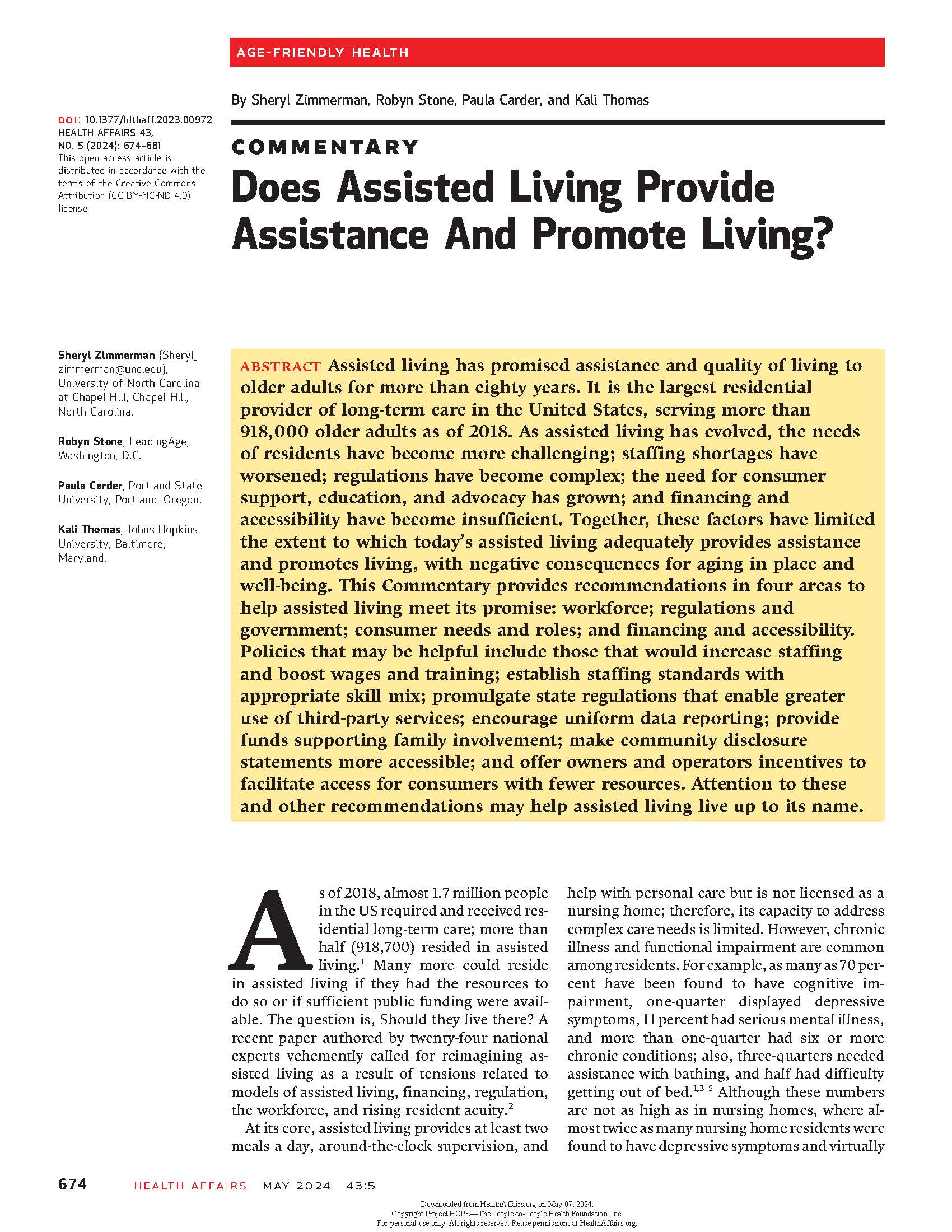Objectives
Limitations to admission play a critical role in shaping the composition of residents residing within licensed assisted living (AL) communities.
Design
We document variation across 165 licensure classifications in how state agencies limit who AL communities may admit and what assessments are required to make those determinations.
Setting and Participants
AL regulations and licensed AL communities across all 50 states in 2018.
Methods
We estimated the proportion of all licensed AL communities regulated by admission limitations and identified groups consisting of those that limit admission based on a health related condition, specified behavior, mental health condition, and/or cognitive impairment as well as those that impose no limitations to admission. We also estimated the proportion of all licensed AL communities required to conduct assessments at time of admission.
Results
The largest group of ALs (29% nationally) is governed by regulations limiting the admission of persons with a health condition. The next largest group of AL communities (23.6%) limit admissions based on health, specified behavior, mental health conditions, and cognitive impairment. In contrast, 11.1% of licensed AL communities have no regulations restricting admissions. We also found that more than 8 of every 10 licensed communities were required to have residents complete a health assessment at admission, but less than half were required to complete a cognitive assessment.
Conclusions and Implications
The variation we observe implies that state agencies have created multiple licensure classifications that serve as a mechanism for sorting types of residents into settings based on their need (eg, health, mental health, cognitive). Although future research should investigate the implications of this regulatory diversity, the categories outlined here may be helpful to clinicians, consumers, and policy makers to better understand the options in their state and how various AL licensure classifications compare to one another.


